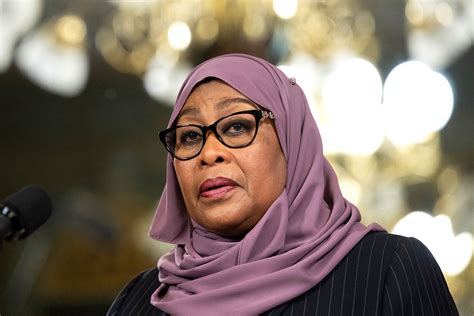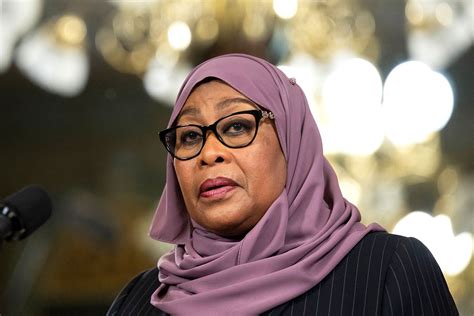The sun beamed brightly over the bustling city of Awka, as the Commissioner for Health, Afam Obidike, stood before a crowd of eager listeners. The air was filled with anticipation and hope as he revealed a groundbreaking statistic – Anambra State had witnessed a remarkable 102,643 deliveries and 343 Cesarean Sections (CS) within just 18 months.
It all began on a momentous day in September 2023 when the State Governor, Chukwuma Soludo, launched the ambitious initiative of providing free antenatal care and delivery services to expectant mothers across Anambra. This monumental decision was not merely an administrative move; it was a profound expression of empathy and commitment to the wellbeing of the people.
The Commissioner emphasized:
“Our aim is to ensure that every mother receives the care she deserves, without any financial burden. This policy is not just about numbers; it’s about safeguarding lives and fostering a healthier future for our community.”
As word spread like wildfire across towns and villages, pregnant women from neighboring states also found their way to Anambra’s welcoming arms. The state had become a beacon of hope for maternal health, symbolizing progress and inclusivity in healthcare access.
An expert in public health remarked:
“Anambra’s approach sets a commendable precedent for other regions struggling with high maternal mortality rates. By prioritizing free antenatal care, they are addressing a critical need and paving the way for healthier outcomes.”
Behind these staggering figures lay a tapestry of dedication and strategic investments in healthcare infrastructure. Over 1000 health workers were recruited, hospitals were constructed from scratch or revitalized, ensuring that quality medical services reached even the farthest corners of the state.
Mr. Obidike elaborated:
“We have equipped our healthcare professionals with cutting-edge resources because we believe that every life is precious. From doctors to nurses, each individual plays an indispensable role in our mission to provide top-notch care.”
But Anambra’s transformation was not confined to healthcare alone; educational reforms were also at the forefront of this paradigm shift. The government embarked on an extensive recruitment drive that saw 8,115 teachers joining schools rejuvenated by modernization efforts.
The Commissioner proudly shared:
“Education is paramount in shaping tomorrow’s leaders. By empowering our youth through initiatives like ‘One Youth, Two Skills,’ we are nurturing talent and fostering a culture of lifelong learning.”
Governor Soludo’s administration left no stone unturned in its pursuit of holistic development; more than 9,000 new employees were welcomed into various sectors with job security guaranteed until retirement—an unprecedented move aimed at bolstering human capital.
A social commentator reflected:
“This long-term commitment to workforce sustainability marks Governor Soludo’s tenure as transformative—a rarity in political landscapes where short-sighted policies often prevail.”
As laughter echoed through school corridors teeming with young minds hungry for knowledge and hospitals abuzz with newfound vitality—Anambra stood as a testament to what collective vision and unwavering determination could achieve: A brighter today and an even brighter tomorrow.









Leave feedback about this